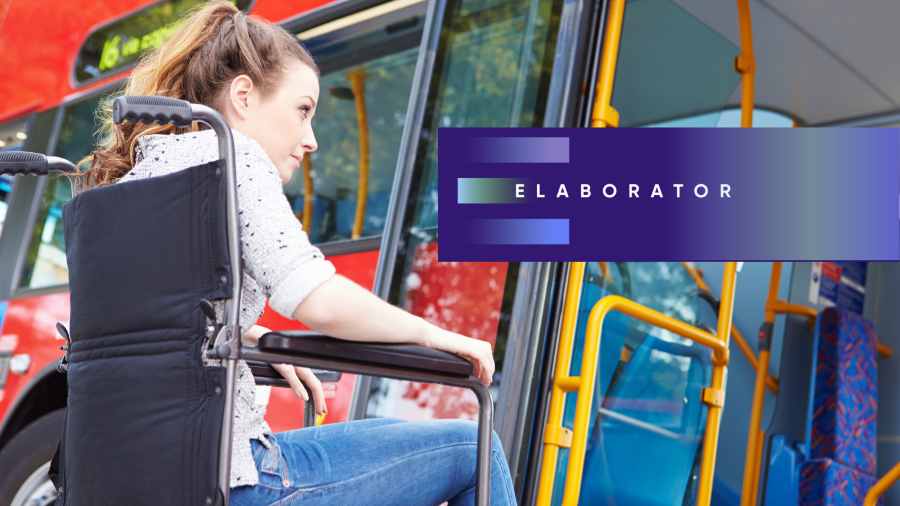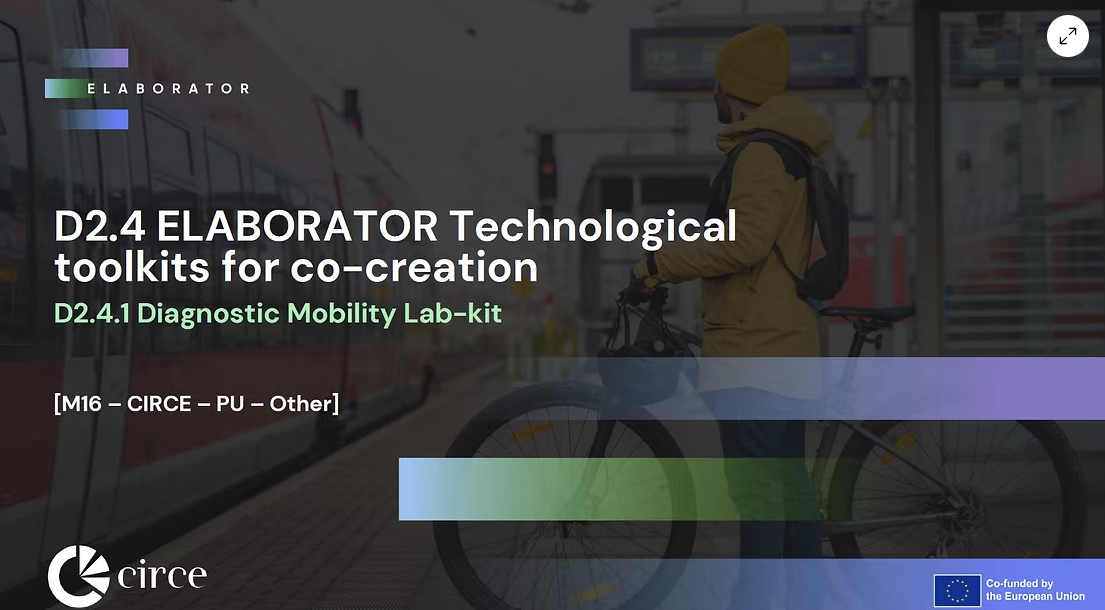
Check out our new Diagnostic Mobility Labkit, Mobility Citizen Science Kit and Mobility Co-Design Videogame to support our Lighthouse and Follower cities to foster co-creation in their urban mobility interventions. The toolkits aim to facilitate data collection, analysis, and participatory decision-making in city planning. Read more here
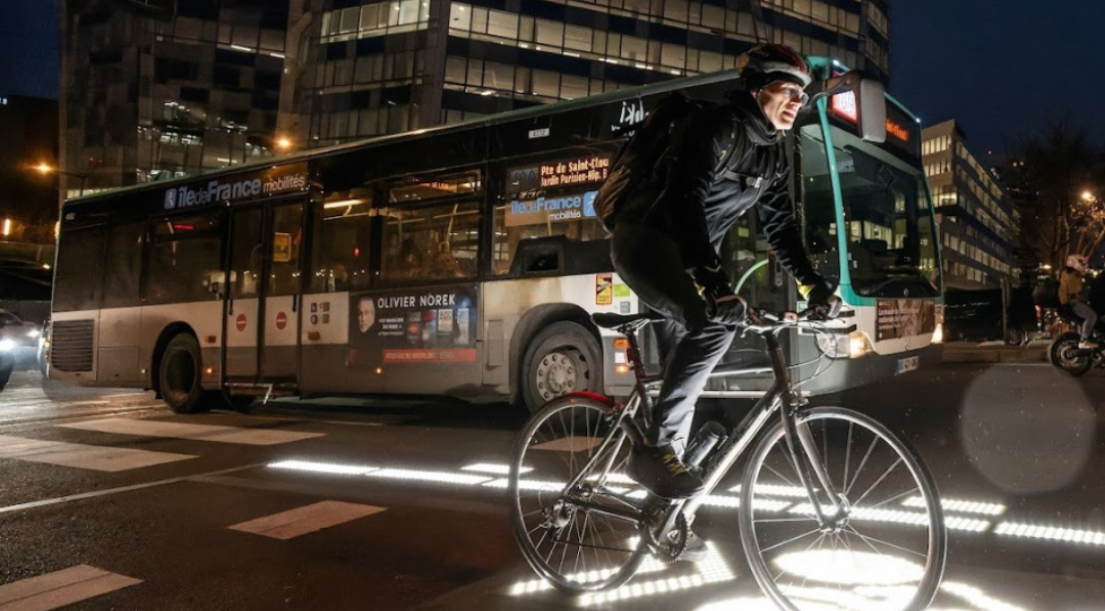
ELABORATOR project partner COLAS, inaugurated Flowell, an innovative ground-based luminous signage system designed to improve cyclist safety in Issy-les-Moulineaux. Read more here.

ELABORATOR partners e-Trikala and Urbana are examining women’s mobility patterns within the city of Trikala and its surrounding villages. It seeks to identify the specific mobility challenges faced by women including the caregiving roles many perform, and safety concerns like harassment in public spaces. The insights will be used to develop sustainable mobility solutions such as improved public transport and unified bike paths, enhancing safety and accessibility for women and other vulnerable groups. Read more here
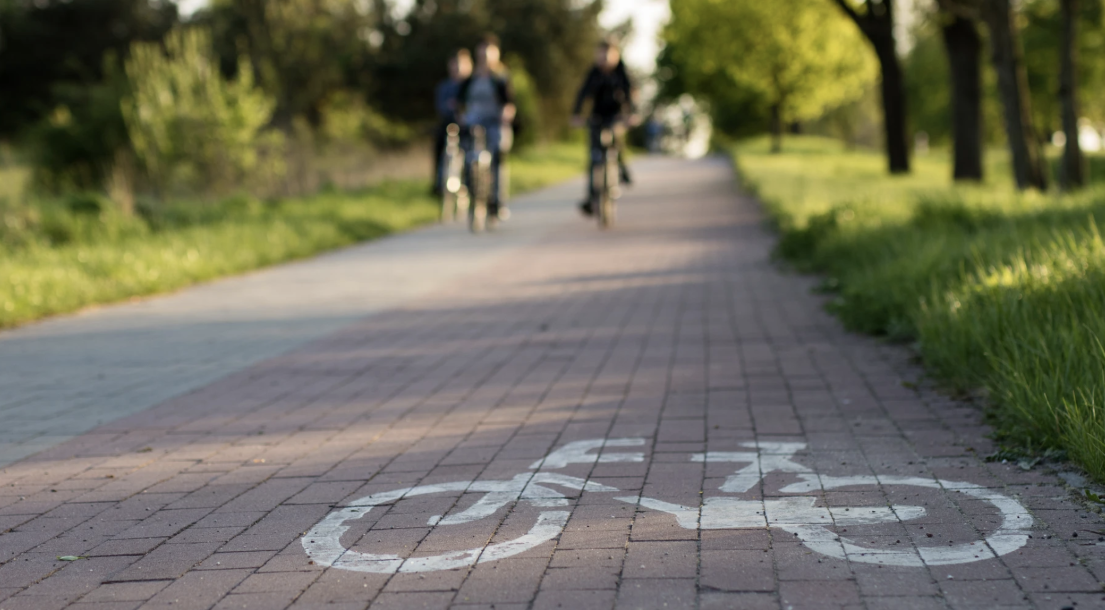
Through the ELABORATOR Living Lab in Ioannina, the Municipality is co-designing an innovative municipal e-bike system. This involves optimising the placement of e-bike docks based on factors like land use, population density and usability. The design process actively engages local authorities, citizens, cultural clubs, neighbourhood groups, and private companies to ensure the system meets the needs of the community. Recently, the city added 55 electric bicycles to its shared bicycle system, a milestone that complements ongoing efforts to create an integrated, greener mobility landscape. Read more here.
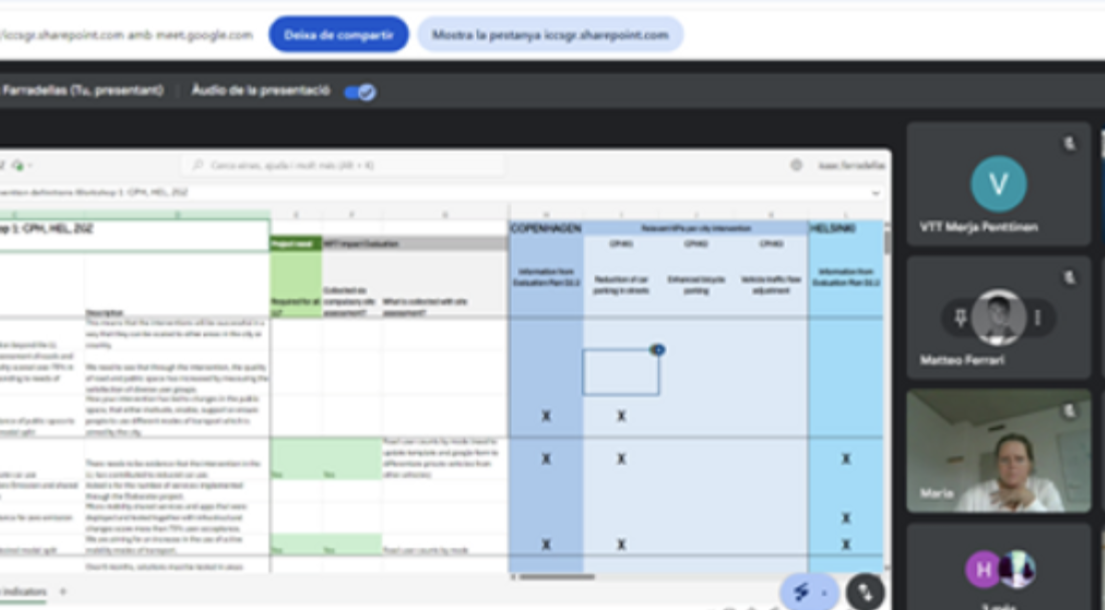
Two KPI (Key Performance Indicator) workshops have been held to assist Lighthouse cities in refining their evaluation strategies and align their intervention goals with measurable KPIs. Read more here
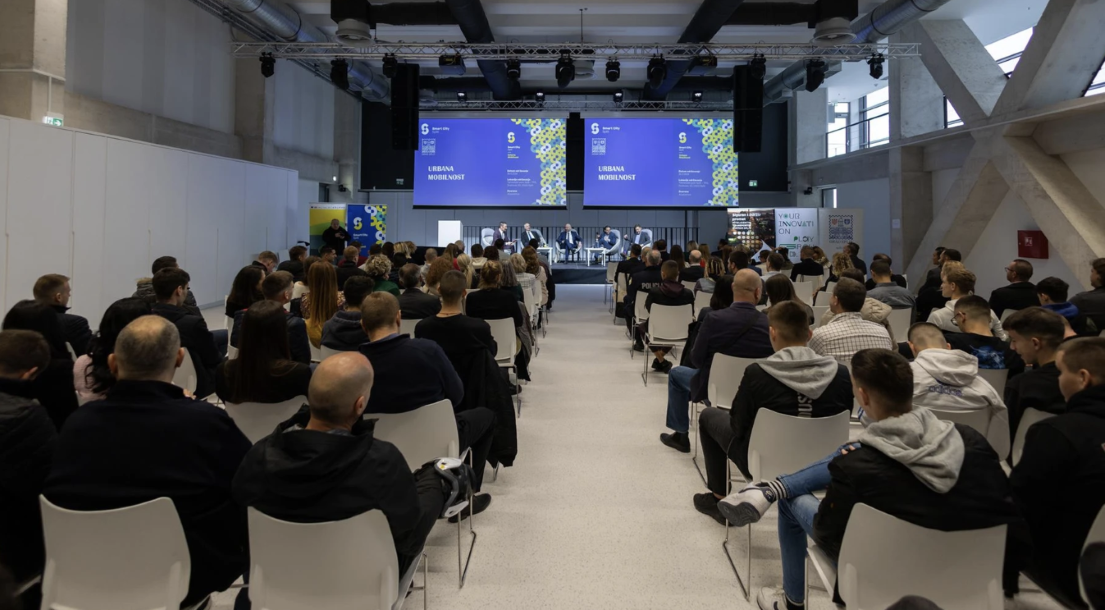
Split is the first major city in Croatia with a Sustainable Mobility Plan to shape the city’s transport development until 2030. The city aims to increase the use of public transport and cycling infrastructure, encourage innovation in transport technologies, reduce congestion and increase energy efficiency. The city hosted a successful Urban Mobility Conference to explore sustainable transport solutions, attended by 140 participants. Read more here
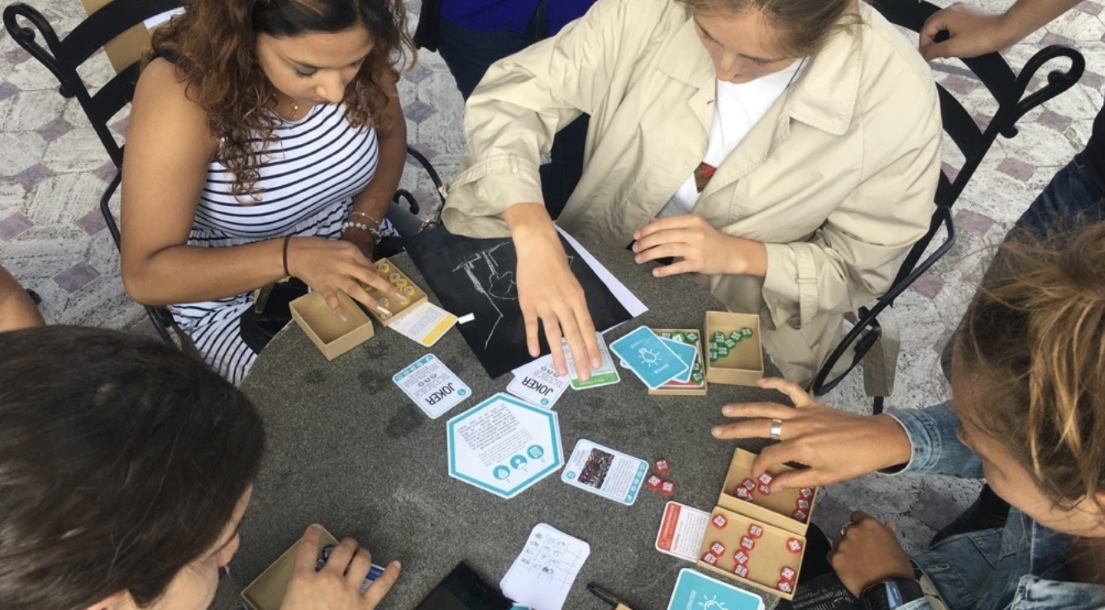
ELABORATOR’s Co-creation Playbook is providing cities with practical steps for involving stakeholders – including local citizens such as cyclists, pedestrians, older adults, and those with disabilities – in shaping urban mobility that addresses both climate goals and social equity. Read more here.

- Approach to ensure inclusiveness for the identification of real mobility and public space re-design needs towards sustainability
- Designing an evaluation methodology for the living labs of the ELABORATOR project
- Making pedestrian and micromobility routing inclusive through personalisation and feedback (abstract)
- Design of parking interventions and evaluation methodology in housing area estates (abstract)
- A methodology for designing sustainable urban mobility interventions towards climate neutral cities (abstract)
- Exploring stakeholder governance in living labs: a case study of urban mobility interventions in EU cities (abstract)
What’s inspiring us
We are looking for experts to join ELABORATOR’s Community of Practice to contribute to our mission of designing sustainable urban mobility towards climate-neutral cities. Apply here.
About ELABORATOR
ELABORATOR is a European Living Lab project focused on designing sustainable urban mobility solutions for climate-neutral cities, involving co-creation with vulnerable user groups and local authorities. Funded by the Horizon EU programme, iRAP is one of 38 partners involved the project using a holistic approach for planning, designing, implementing and deploying innovations and interventions for sustainable urban mobility. These may include smart enforcement tools, space redesign and dynamic allocation, shared services, and integration of active and green modes of transportation. The interventions will be demonstrated in several cities across Europe, starting with six Lighthouse Cities of Milan (Italy), Copenhagen (Denmark), Helsinki (Finland), Issy-les-Moulineaux (France), Zaragoza (Spain) and Trikala (Greece); and six Follower Cities including Lund (Sweden), Liberec (Czech Republic), Velenje (Slovenia), Split (Croatia), Krusevac (Serbia) and Ioannina (Greece). Each city will be implementing one or more innovative ‘interventions’ to improve urban mobility, with the aim of demonstrating how to implement the intervention and showcase their effectiveness to ‘Observer’ Cities.
Images credit: Lead image Monkey Business Images; Other images ELABORATOR

